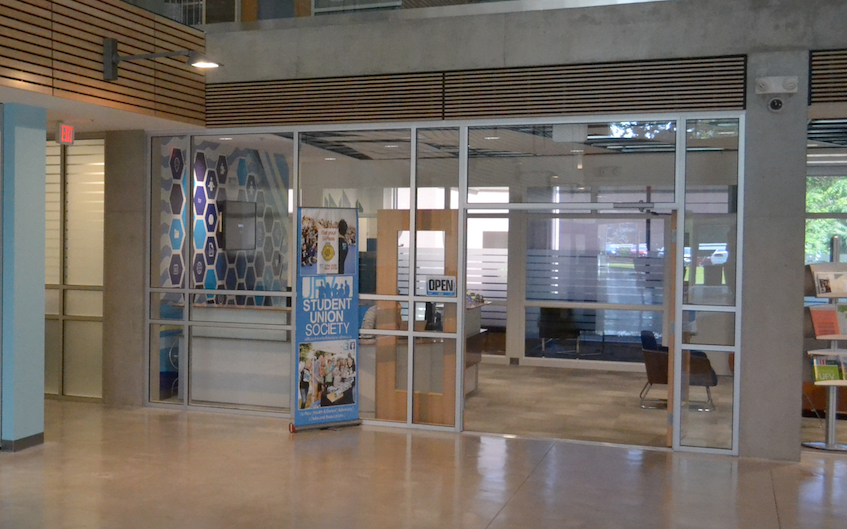The Student Union Society (SUS) recently changed their policies for how student clubs and associations (C&A) will be funded. From now on, the SUS will only grant funding to clubs and associations for fundraising events, in the form of up to two $500 grants per year, that may be approved or rejected at SUS’s discretion. C&A are free to use any proceeds from fundraising to purchase equipment or whatever else they may need or want.
The new regulations have some good points. They remove much of the tedious bureaucracy, such as requiring annual general meetings to be held, or meeting minutes to be kept. Yet with regard to the main point, I fear that these new rules will make C&A harder to function and may lessen the enjoyment that members might gain from them.
I used to take art courses as electives, but I stopped because buying all the materials I needed was prohibitively expensive. Sometimes I think I might like to join a fine arts club, but if I had to provide all of my own materials out of my own pocket, it would be a discouraging factor. Worrying about getting the gear I need would take away from my enjoyment of the club’s activities. Perhaps the club’s organizers could pay for some things themselves, but that just shifts the burden onto people who may be less able to afford it.
This would be a bigger problem for some clubs than others. For example, creative writing doesn’t require much specialized equipment, just a word processor and printer, or even simple pen and paper in a pinch. But what about others like the tabletop gaming club; where do they get new games? The lack of unconditional funding will affect clubs unequally.
I fear that this new rule will cause clubs to put an emphasis on fundraising when they didn’t before. Essentially, they end up holding fundraising events instead of actually doing what they are meant to do. It would be a terrible shame if every club, instead of pursuing their hobby of choice, instead just kept coming up with schemes to make money. This would be easier for some clubs than others. An arts club could sell the works of its members, but how could an outdoor activities club monetize themselves? Again, the burden will fall unevenly.
Clubs could turn into semi-formal businesses instead of friendly associations of amateurs. I have heard people lament the so-called “transactional” nature of modern society where everything is monetized, and nobody does anything or gets anything without paying or being paid for it. This would be a sad direction for our clubs to take. Being part of a club is all about getting together with people you share a passion with and doing activities that you wouldn’t get to do normally. These new rules will make it harder to do that, even more so than it already is, since clubs require people to meet at a certain time and place, which will not always be possible for everyone. Forcing members to provide their own equipment and extras would raise the barrier to entry, and focusing on fundraising would take away time spent doing what they really want to do.
I think it would have been better if clubs were allocated funding as needed, being judged worthy on a case-by-case basis depending on whether the proposed spending would enrich the functioning of the club, which is pretty much how it used to work until recently. Alas, the SUS has made their decision, and for the time being at least, we must live with it.
Image: Megan Lambert/The Cascade


